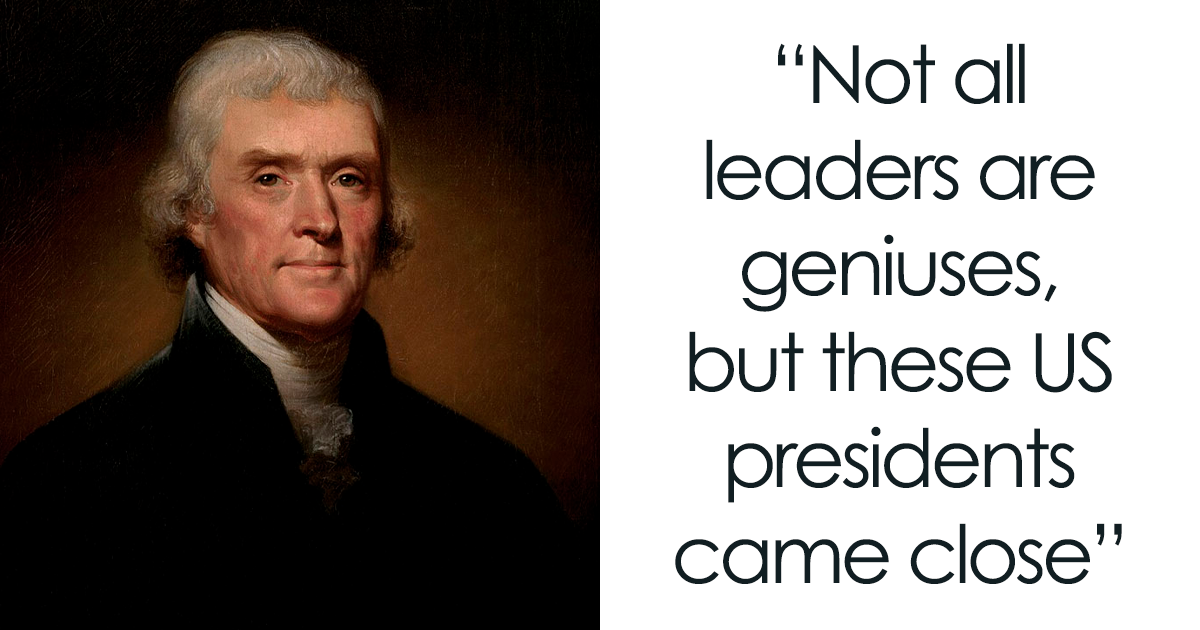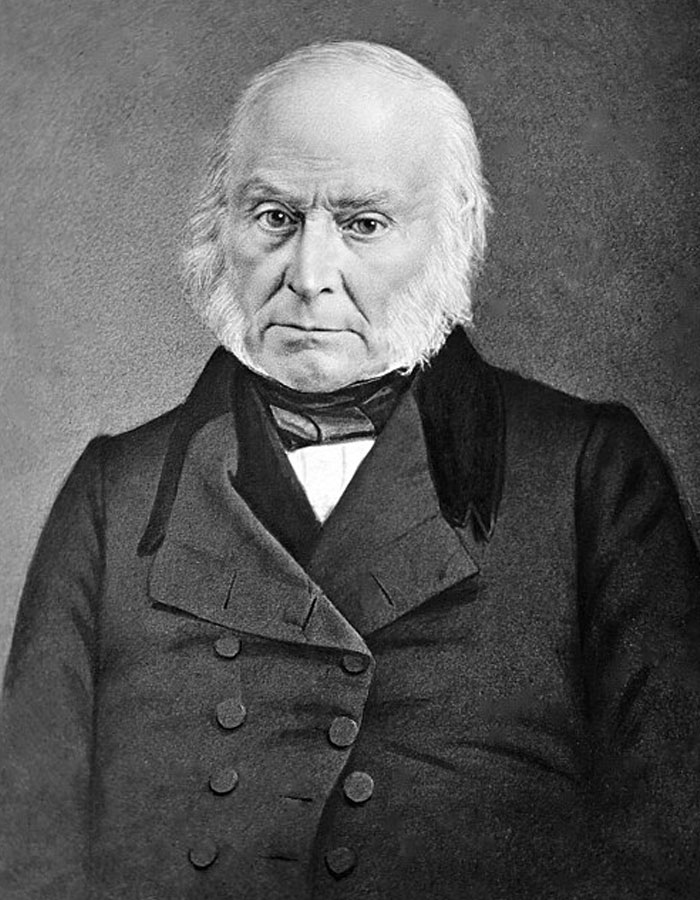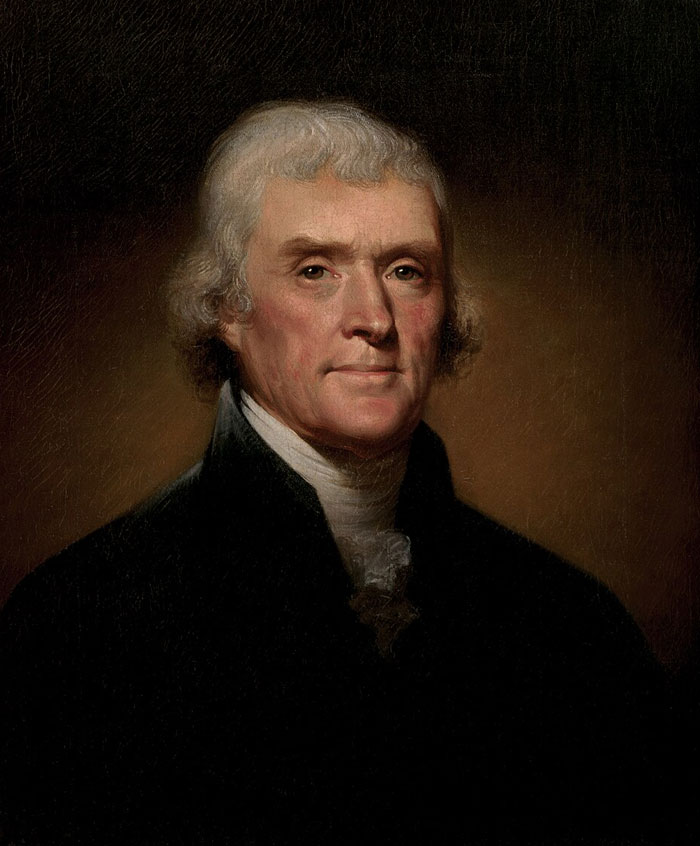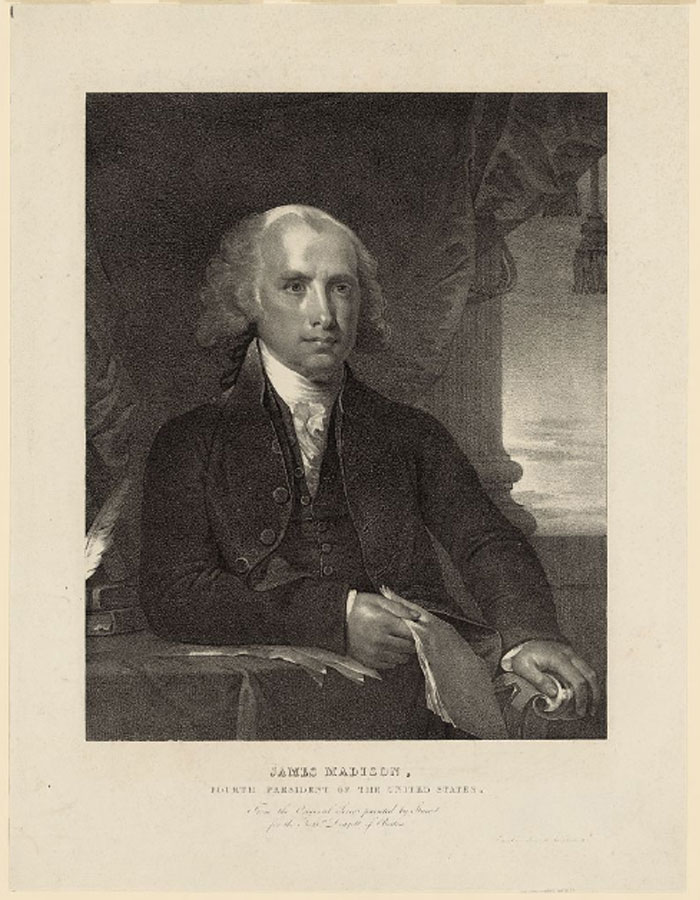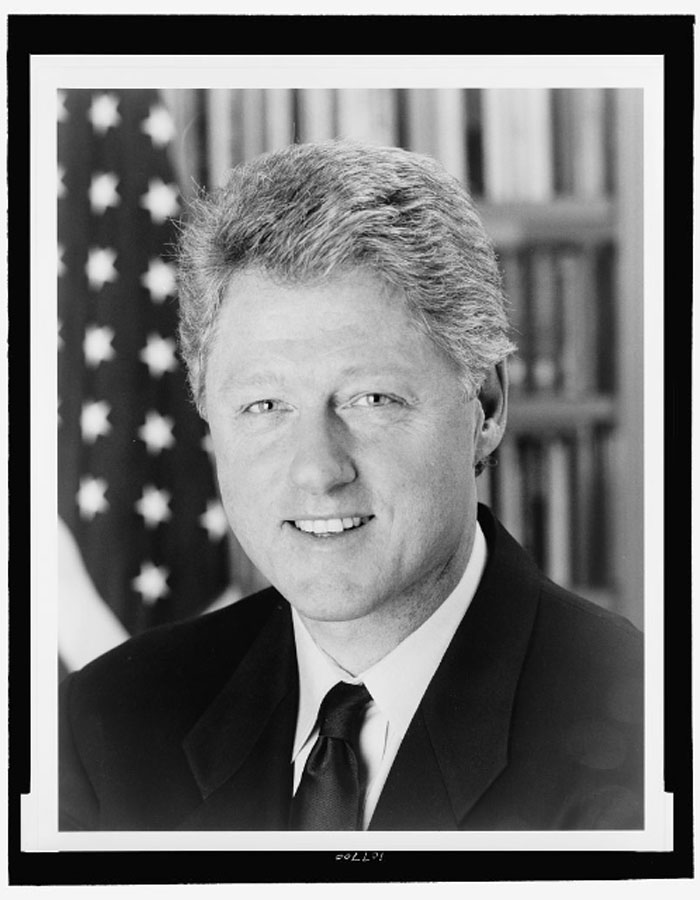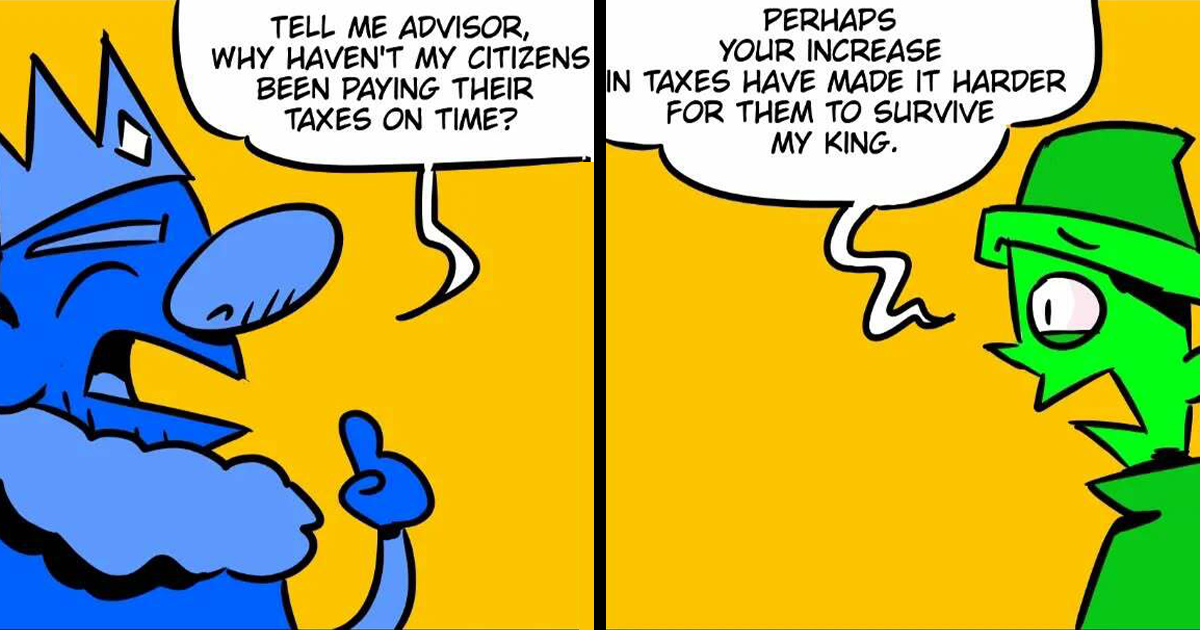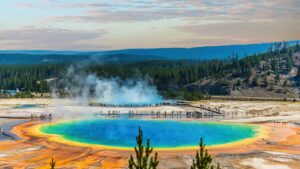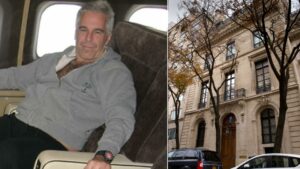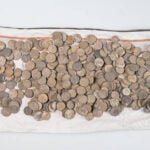You Won’t Believe Which US President Tops the IQ Charts — The Rankings Will Shock You!
Sure, anyone old enough and born here can toss their hat in the presidential ring — the Constitution says so. But we all know steering the ship of the world’s biggest economy and keeping 340 million folks in line isn’t exactly a walk in the park. Turns out, nearly every president before took a detour through the army, Congress, or governor’s mansion — kind of like the ultimate internship for running a government. Now, here’s a twist: back in 2006, a sharp social psychologist named Dean Keith Simonton tried something pretty wild — estimating presidents’ IQs based on brilliance and curiosity, even though no president ever signed up for a public IQ test. Curious how these scores stack up? Hang tight as we peel back the layers on America’s brainiest leaders — spoiler alert: it’s not always who you’d expect. LEARN MORE.
The US Constitution says any natural-born citizen over 35 who has lived in the country for at least 14 years can run for President.
But in reality, leading the world’s most powerful nation, managing a quarter of the global economy, and representing 340 million people on the global stage is anything but simple.
Of the 45 US presidents, 44 had prior roles as army generals, members of Congress, state governors, or cabinet officials. Their political journeys highlight how much strategic influence and experience are needed to earn public trust and run the government.
In 2006, Dean Keith Simonton, now Professor Emeritus of Social Psychology at the University of California, Davis, examined the intellect of US presidents from Washington to Bush.
Using criteria like brilliance and openness to experience, he estimated their IQs. His findings were published by the International Society of Political Psychology.
Though no president has taken a public IQ test, Simonton’s estimates suggest their scores on a standardized assessment.
At just 14, he became private secretary to the US Minister to Russia, then contributed to the negotiation of the Treaty of Paris at 16 (via the Office of the Historian).
Adams entered Harvard as an advanced student and completed his studies in half the time. He later became the university’s first Boylston Professor of Rhetoric and Oratory.
His career trajectory highlights his intellectual prowess: lawyer, US minister to multiple European nations, Senator, Secretary of State, President, and Congressman.
He co-authored the Monroe Doctrine and led negotiations on key treaties like Ghent and Adams-Onís.
Historian George Herring noted in Cairn that Adams “towered above his contemporaries.”
He remains the most multilingual US president (via POTUS) and the only one to serve in Congress after the presidency, where he strongly opposed slavery until his death.
A true polymath, Jefferson spoke and read several languages, including French, Latin, Italian, Greek, and Spanish (via Monticello).
Jefferson’s intellect spanned politics, philosophy, architecture, agriculture, and science. He authored the Declaration of Independence, served as the first Secretary of State, and designed iconic buildings like Monticello and the Virginia State Capitol (per Poplar Forest).
He also invented tools like the Moldboard Plow and Cipher Wheel, experimented with farming systems, and studied fossils.
He tracked weather for 50 years and is credited with identifying the Megalonyx Jeffersonii.
Jefferson embodied the traits highlighted in Simonton’s presidential intelligence study, like curiosity, inventiveness, and insight (Journal of Intelligence).
He authored the Virginia Plan, which became the foundation of the US Constitution, introducing key political principles like separation of powers and checks and balances (James Madison Montpelier).
As one of the authors of the Federalist Papers, Madison provided detailed arguments supporting the Constitution, showcasing deep political insight and clarity (Bill of Rights Institute).
He later drafted the original amendments forming the Bill of Rights, reflecting his legal intellect and responsiveness to national debate.
He earned a Rhodes Scholarship to Oxford and later attended Yale Law School, demonstrating early academic excellence (Christian Science Monitor, Rhodes House).
Auto Amazon Links: No products found.
gbs LEGAL LOOTING GIVEAWAY
WIN $500 OF SHOPPING!
This will close in 0 seconds
